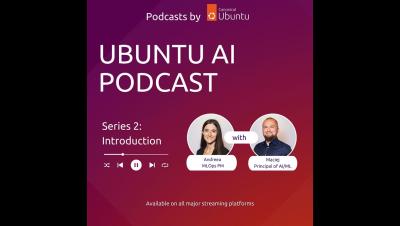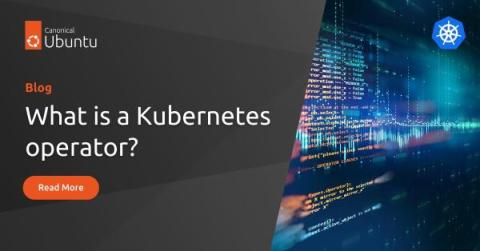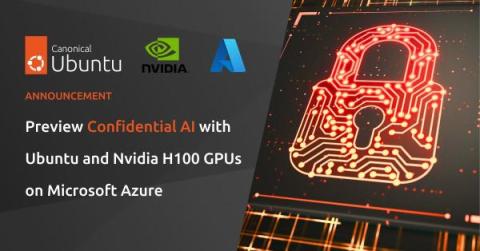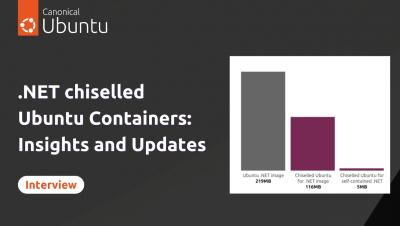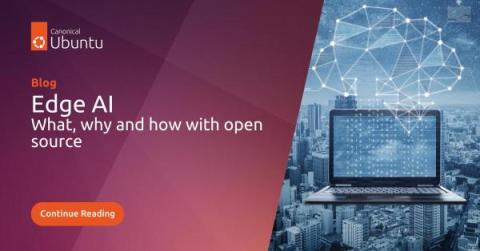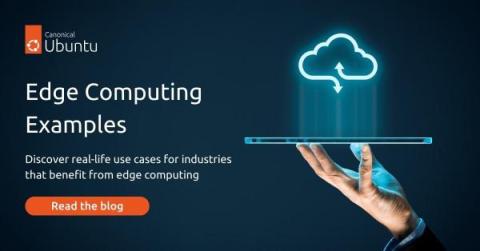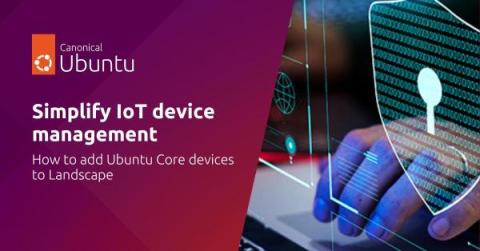Ubuntu AI Podcast | Launch of 2nd series
Season 2 of Ubuntu AI podcast is here! After a start with great guests and great feedback from our listeners, we are ready to kickstart a new series of episodes. We will continue talking about AI and open source, focusing mostly on the machine learning lifecycle, AI on public cloud, AI at the edge and the security angle of the AI projects. This time around, we will periodically invite contributors to open source projects from the AI space to join us.


